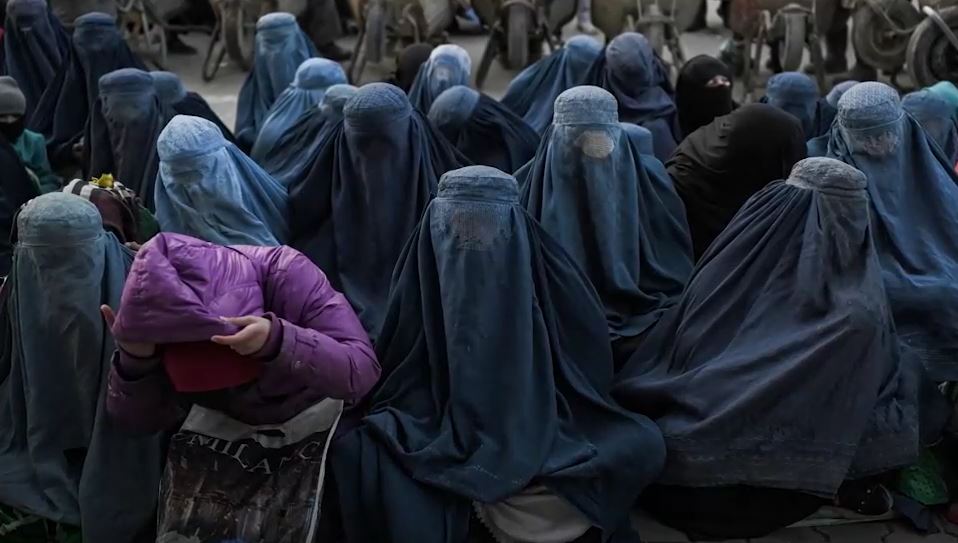The situation for women in Afghanistan has sharply declined since the Taliban’s return to power in 2021, according to a recent United Nations report. This report highlights the severe and systematic violations of women’s rights under the Taliban regime.
Since the Taliban returned to power in 2021, Afghanistan has seen a sharp decline in women’s rights, as highlighted in a recent United Nations report. Progress made on women’s human rights between 2001 and 2021 has been swiftly reversed, pushing women’s roles back centuries.
Under Taliban rule, women and girls face severe restrictions on movement, education, and employment opportunities. They are excluded from decision-making processes, and the Taliban’s decrees further curtail their freedoms, leaving them without legal protection.
These policies have led to Afghanistan ranking last in the Women’s Peace and Security Index. The literacy rate, which had been slowly increasing, is now threatened, and the suicide rate among women has risen significantly. Many women and girls are unable to leave their homes, and thousands have been forced out of schools and universities.
International organizations struggle to provide aid due to the hostile environment. The UN has called on the Taliban to support women’s organizations and allocate funds for their welfare, warning that failure to do so will strain international relations.
Afghan women face multiple crises, including economic and humanitarian challenges, exacerbated by violations of their rights. Without significant intervention, their plight remains dire, as they strive to reclaim their place in society.


